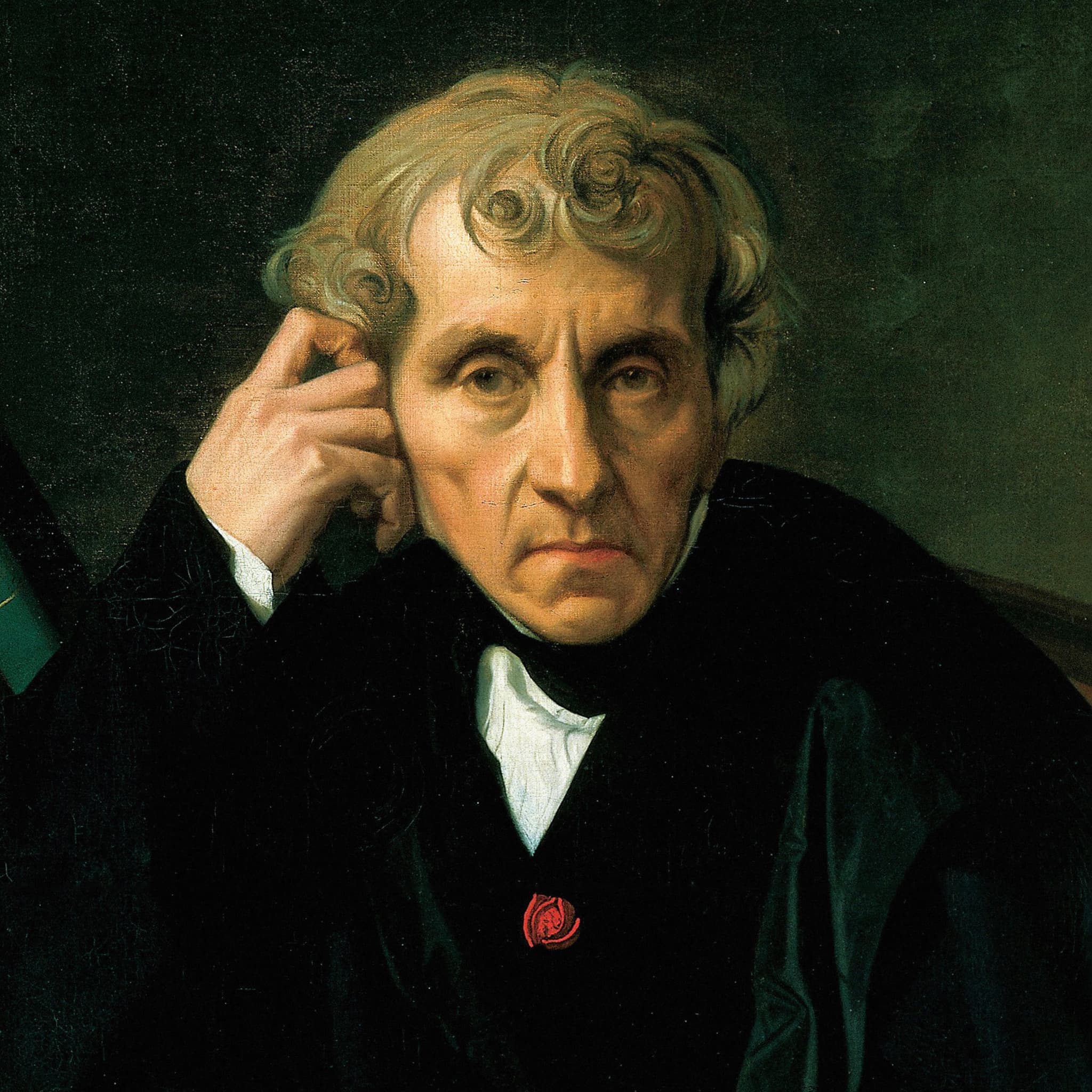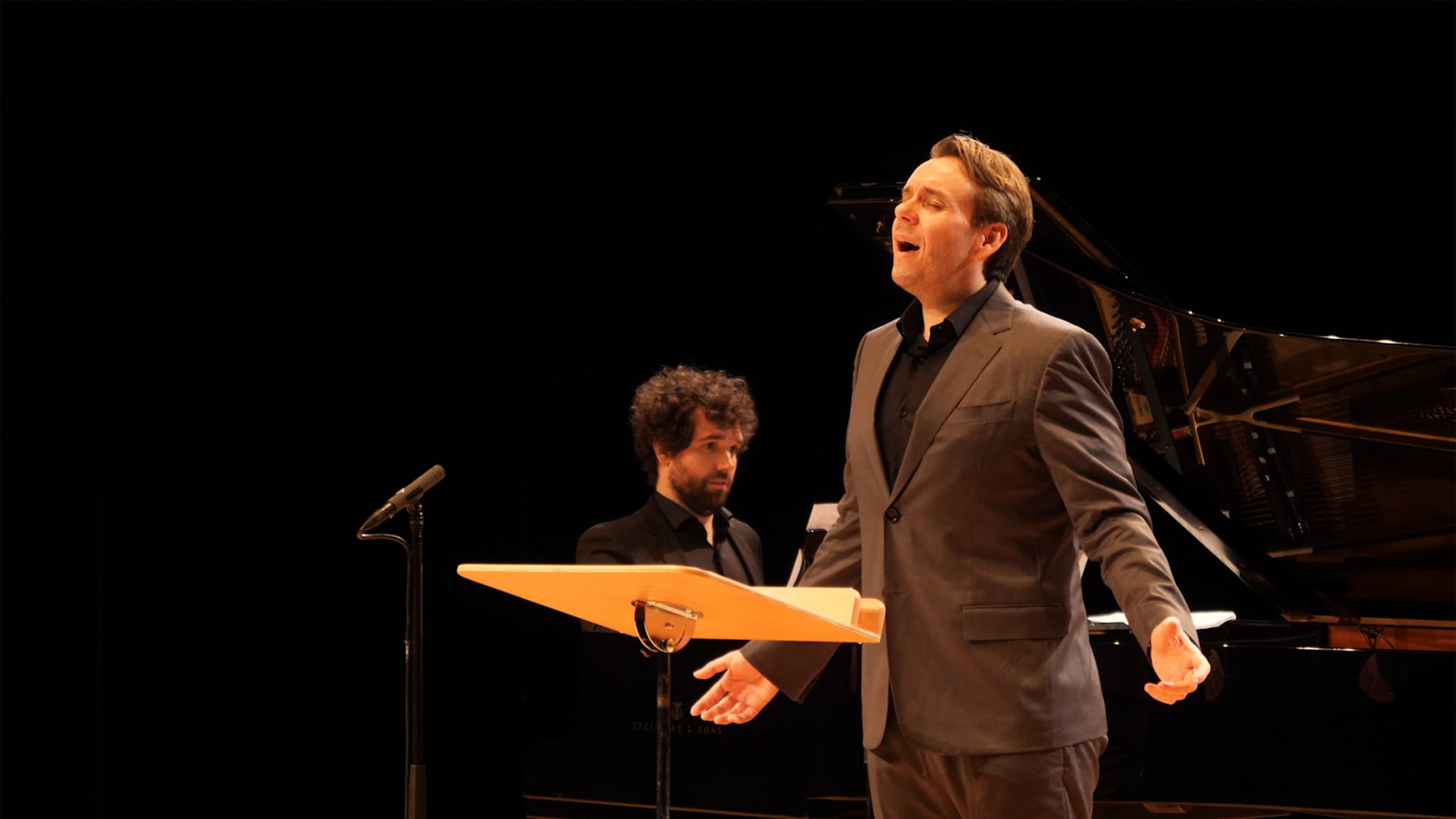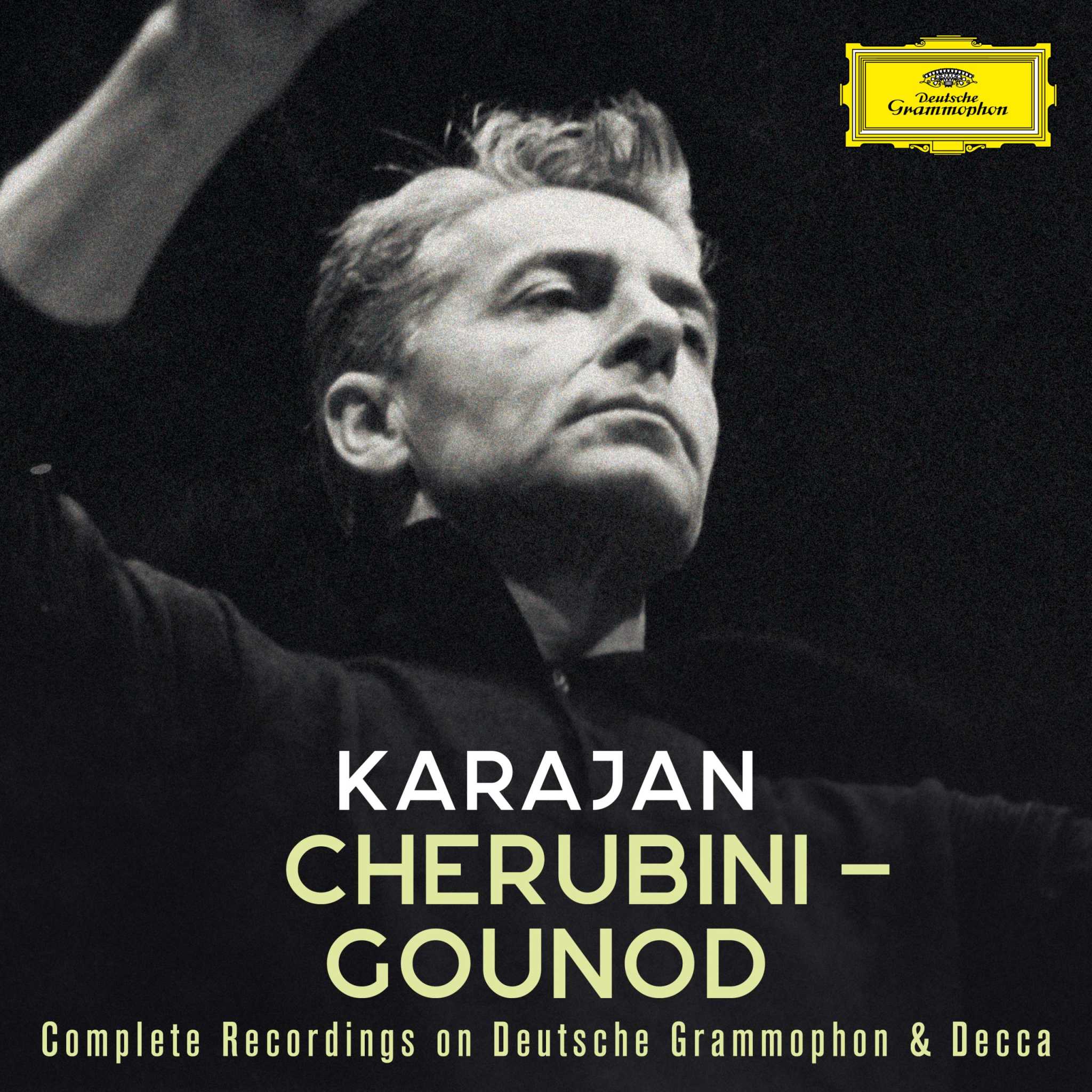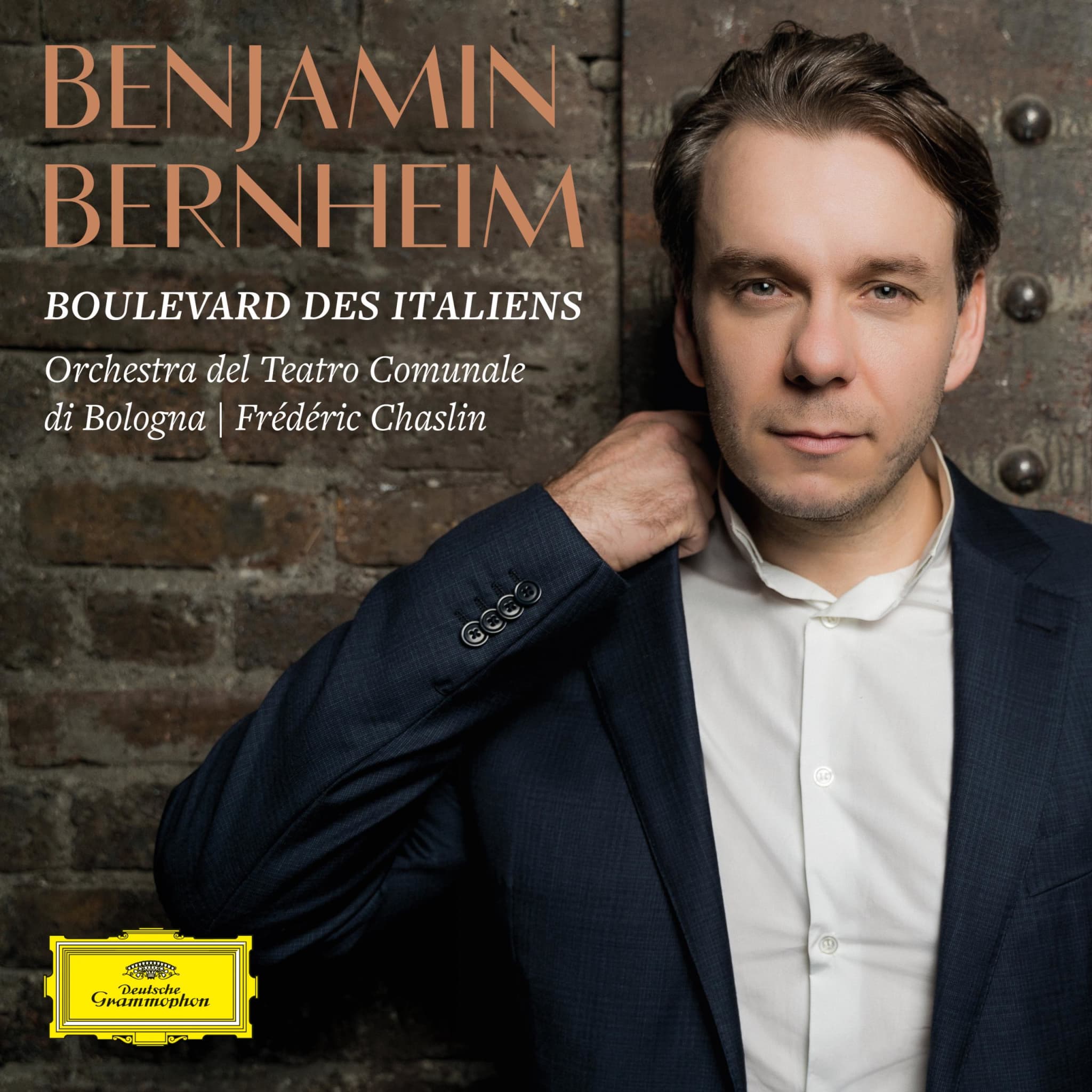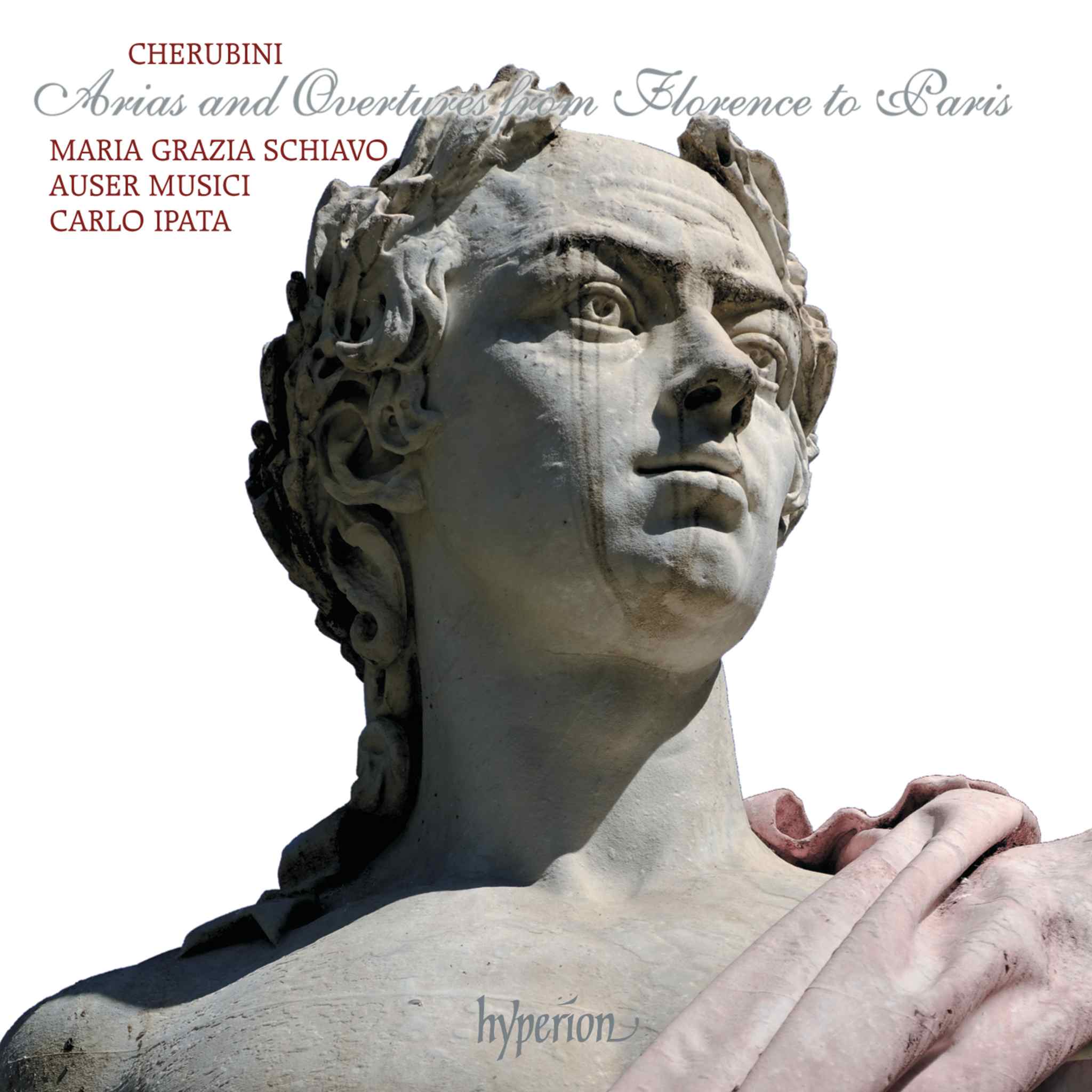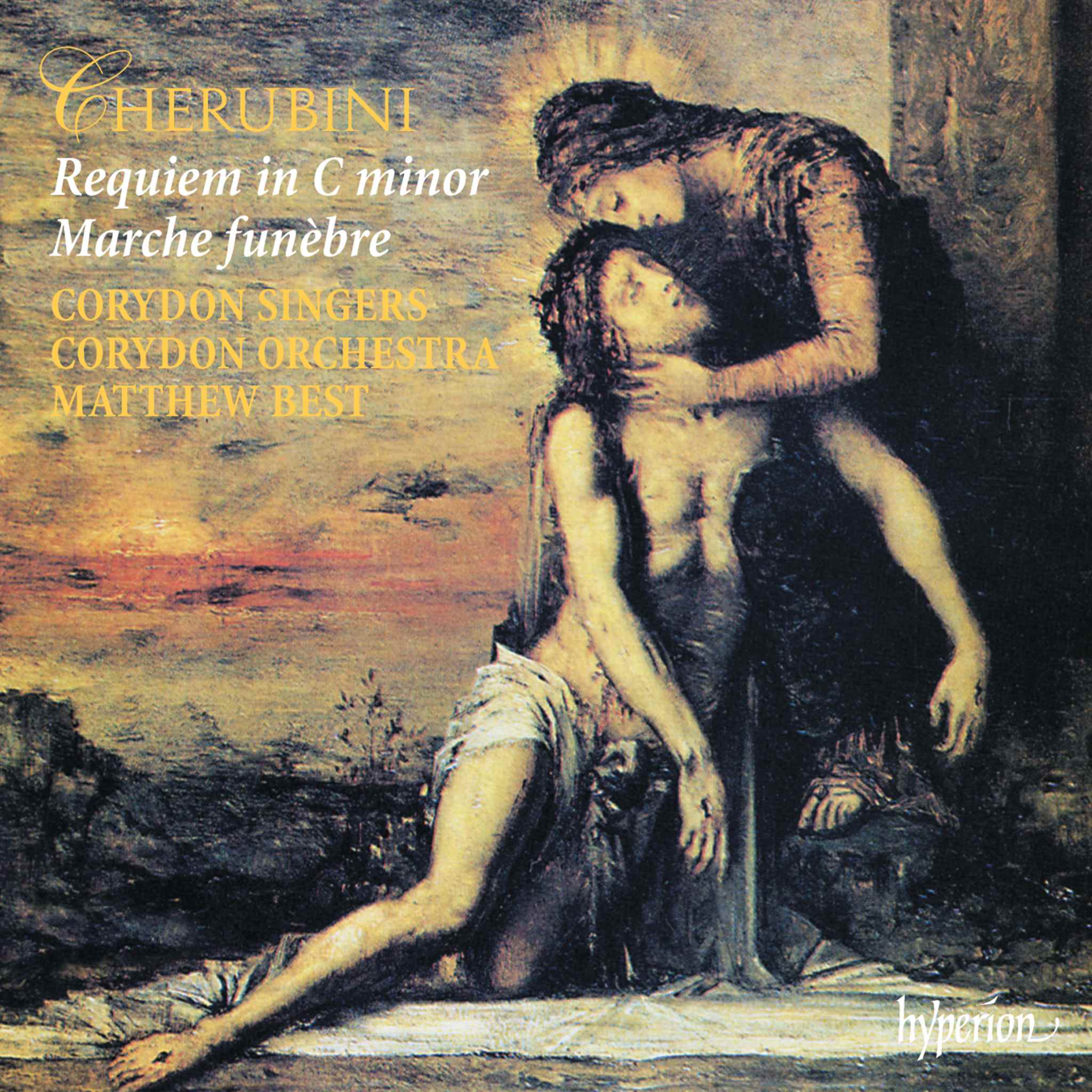Composer:in
1760 – 1842 Luigi Cherubini is one of the most important composers of the Classical and early Romantic periods. His work is characterised by an extraordinary compositional depth, which earned him great recognition from contemporaries such as Ludwig van Beethoven. As a bridge between the Classical and Romantic periods, he influenced generations of composers and had a lasting impact on French opera and church music in particular. Despite his Italian origins, he became famous above all in France, where he enjoyed great success and played a key role in the musical life of the time.
